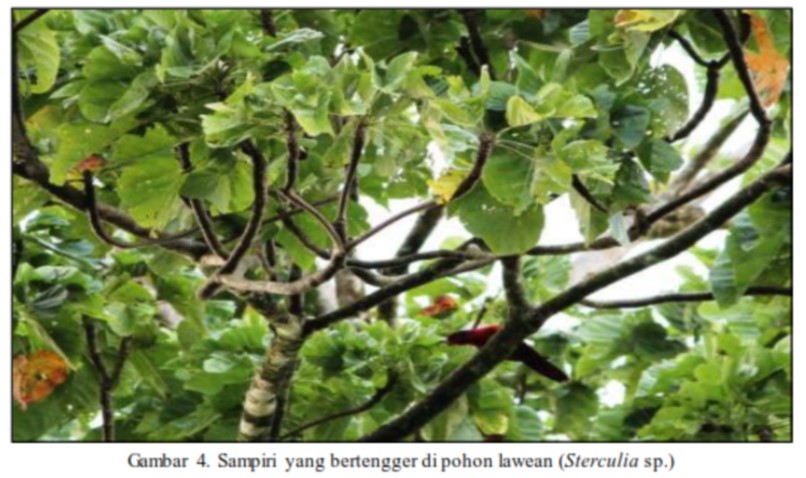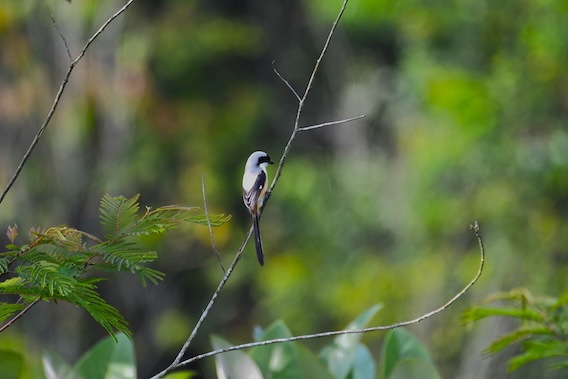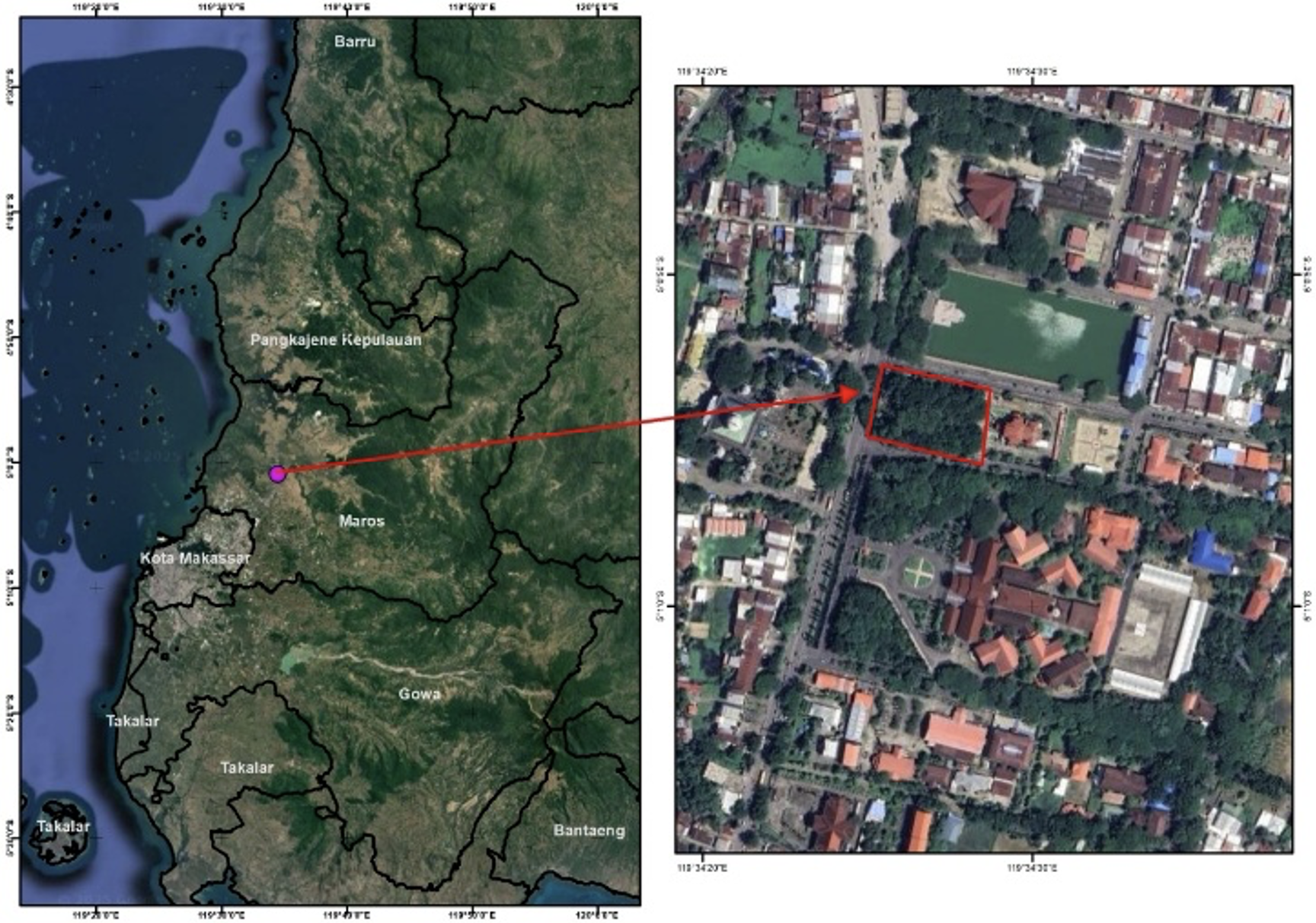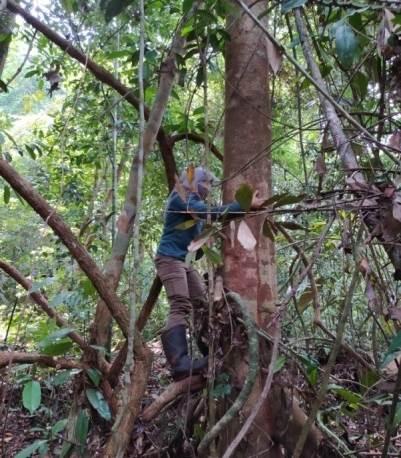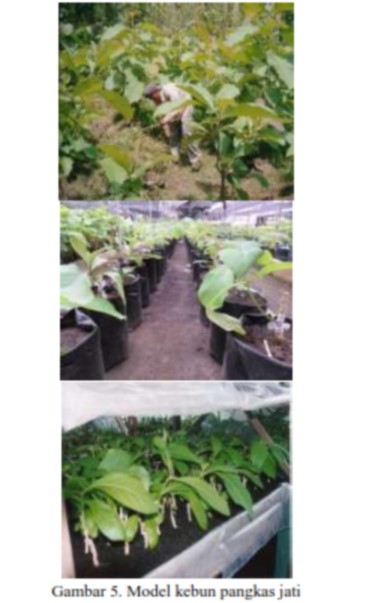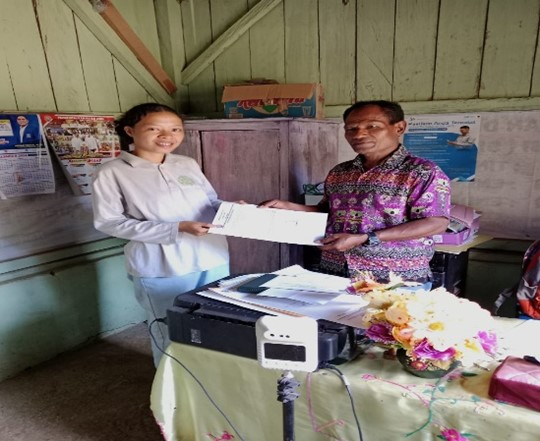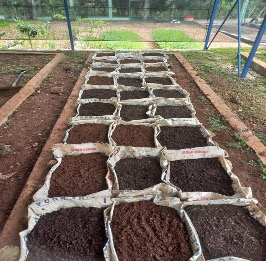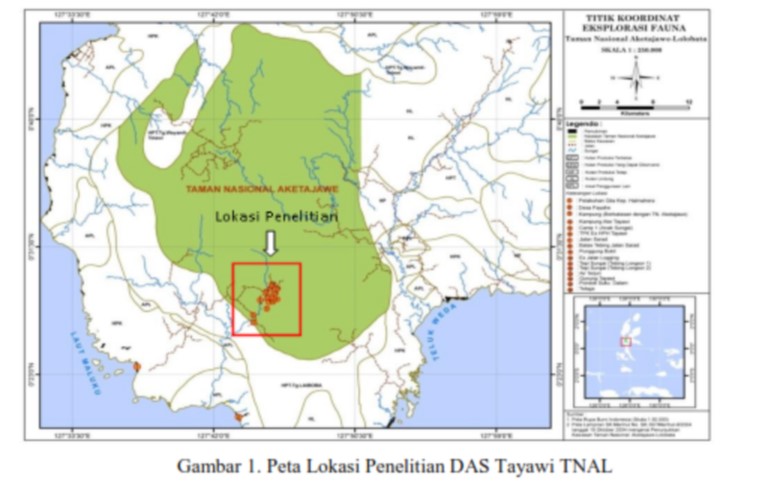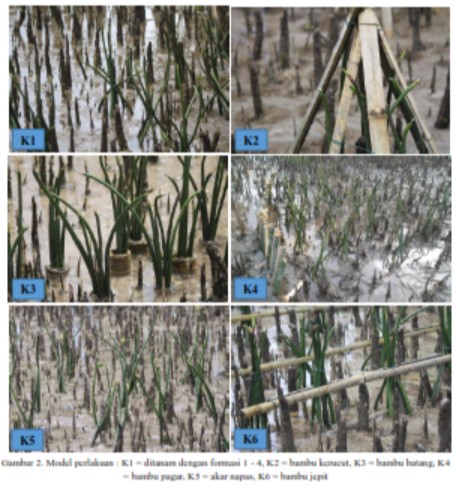Identification of Sampiri Birds Colonies Roosting Tree Species in Karakelang Island Talaud Islands North Sulawesi
Abstract
The aims of this study was to identify the species and describe the morpohology of roosting tree used by sampiri colonies. The research was conducted form February to May 2014. Direct observation and recording morphology characteristic of the roosting tree were used as methodology. Data were analyzed descriptively and qualitatively and then displayed in the form of images and tables. There were six sampiri colonies using different roost trees. The roost trees were gehe (Pometia corriacea Radkl), binsar (Ficus variegata Blume), lawean (Sterculia sp.), dominated by gehe.
##submission.copyrightStatement##
##submission.license.cc.by-nc4.footer##Copyright and License
All articles published in Wasian Journal are the property of the authors. By submitting an article to Wasian Journal, authors agree to the following terms:
-
Copyright Ownership: The author(s) retain copyright and full publishing rights without restrictions. Authors grant the journal the right to publish the work first and to distribute it as open access under a Creative Commons Attribution 4.0 International License (CC BY 4.0).
-
Licensing: Articles published in Wasian Journal are licensed under a Creative Commons Attribution 4.0 International License (CC BY 4.0). This license allows others to share, copy, and redistribute the material in any medium or format, and adapt, remix, transform, and build upon the material for any purpose, even commercially, provided that proper credit is given to the original author(s) and the source of the material

This work is licensed under a Creative Commons Attribution 4.0 International License. -
Author's Rights: Authors are permitted and encouraged to post their work online (e.g., in institutional repositories or on their website) prior to and during the submission process, as it can lead to productive exchanges and greater citation of published work.
-
Third-Party Content: If your article contains material (e.g., images, tables, or figures) for which you do not hold copyright, you must obtain permission from the copyright holder to use the material in your article. This permission must include the right for you to grant the journal the rights described above.
-
Reprints and Distribution: Authors have the right to distribute the final published version of their work (e.g., post it to an institutional repository or publish it in a book), provided that the original publication in Wasian Journal is acknowledged.
For the reader you are free to:
- Share — copy and redistribute the material in any medium or format for any purpose, even commercially.
- Adapt — remix, transform, and build upon the material for any purpose, even commercially.
- The licensor cannot revoke these freedoms as long as you follow the license terms.
Under the following terms:
- Attribution — You must give appropriate credit , provide a link to the license, and indicate if changes were made . You may do so in any reasonable manner, but not in any way that suggests the licensor endorses you or your use.
- No additional restrictions — You may not apply legal terms or technological measures that legally restrict others from doing anything the license permits.
Notices:
You do not have to comply with the license for elements of the material in the public domain or where your use is permitted by an applicable exception or limitation .
No warranties are given. The license may not give you all of the permissions necessary for your intended use. For example, other rights such as publicity, privacy, or moral rightsmay limit how you use the material.
##plugins.generic.recommendByAuthor.heading##
- Diah Irawati Dwi Arini Diah , Julianus Kinho Julianus, Melkianus S Diwi Melkianus , Margareta Christita Margareta , Jafred E Halawane Jafred , Muhammad F Fahmi Fahmi, Yermias Kafiar Yermias, Wildlife Diversity for Ecotourism at Aqua Lestari Forest Park, North Minahasa , Jurnal Wasian: 卷 5 期 1 (2018): June
- Diah Irawati Dwi Arini Diah, Yermias Kafiar Yermias, Prefered Feed of Anoa (Bubalus sp.) at Manado Forestry Research Institute Captivity , Jurnal Wasian: 卷 1 期 2 (2014): December
- Diah Irawati Dwi Arini Diah , Julianus Kinho Julianus, Diversity of Medicinal Plants on Coastal Forest in Tangkoko Natural Reserve , Jurnal Wasian: 卷 2 期 1 (2015): March
- Diah Irawati Dwi Arini Diah, Isdomo Yuliantoro Isdomo , Perception of Local Community of Pinogu Toward Forest and Its Utilization , Jurnal Wasian: 卷 6 期 2 (2019): December
- Diah Irawati Dwi Arini Diah, Birds Species of Rallidae Family in Forestry and Environment Research and Development Institute of Manado , Jurnal Wasian: 卷 3 期 1 (2016): June

